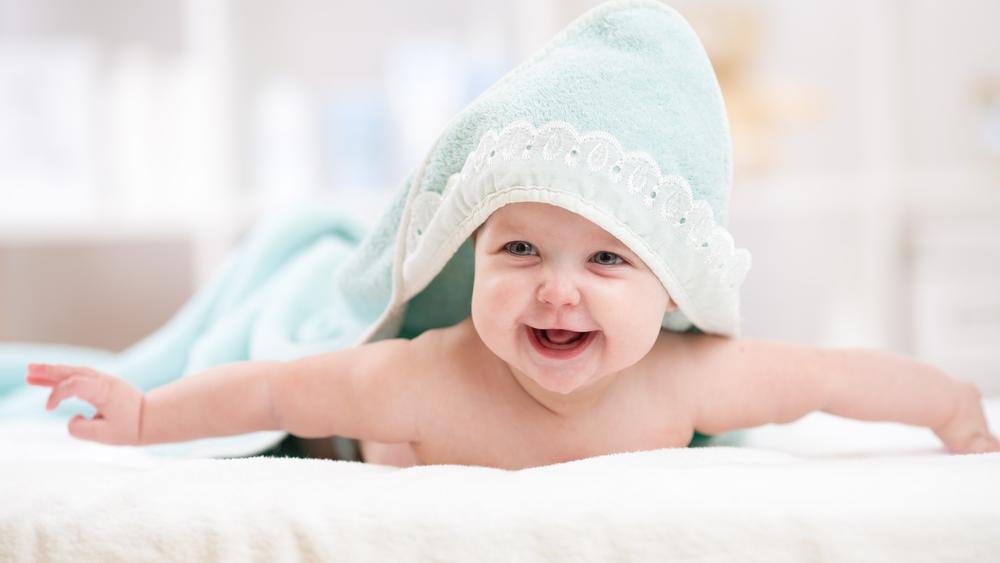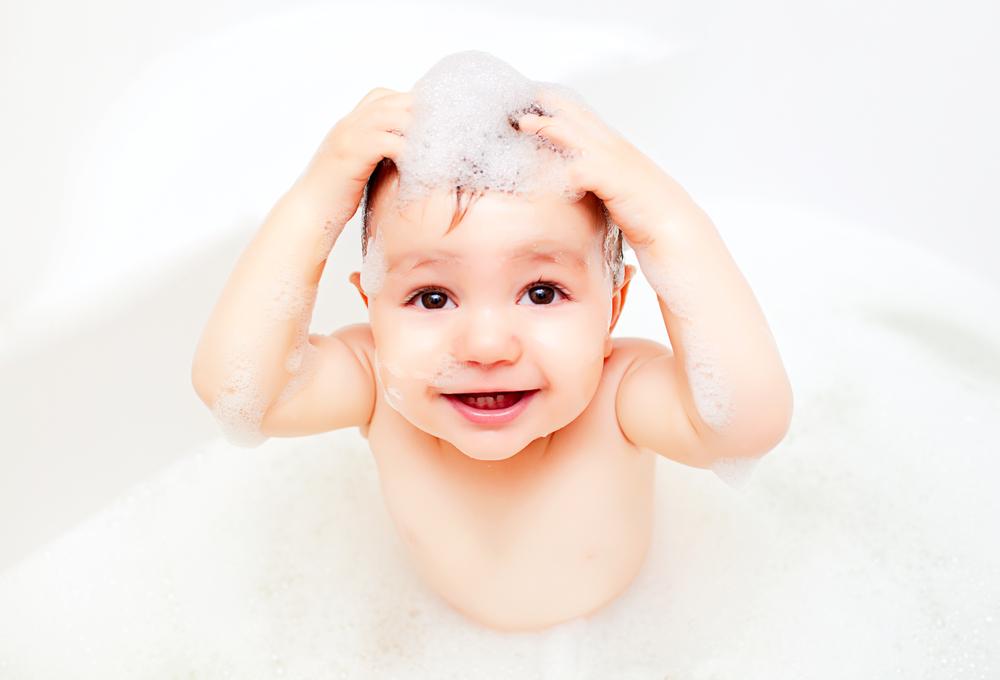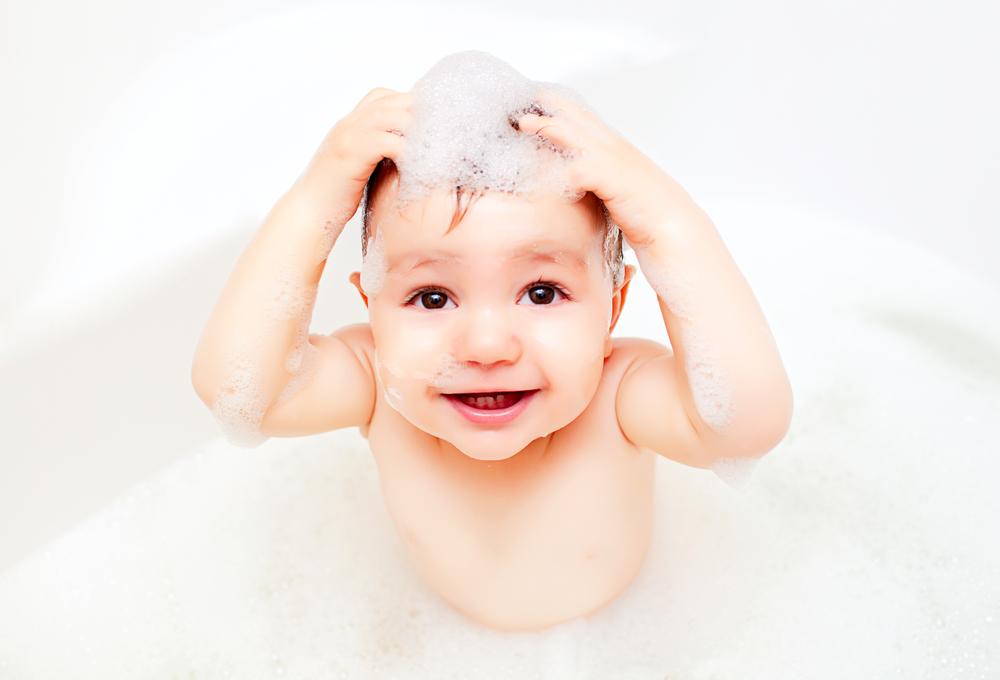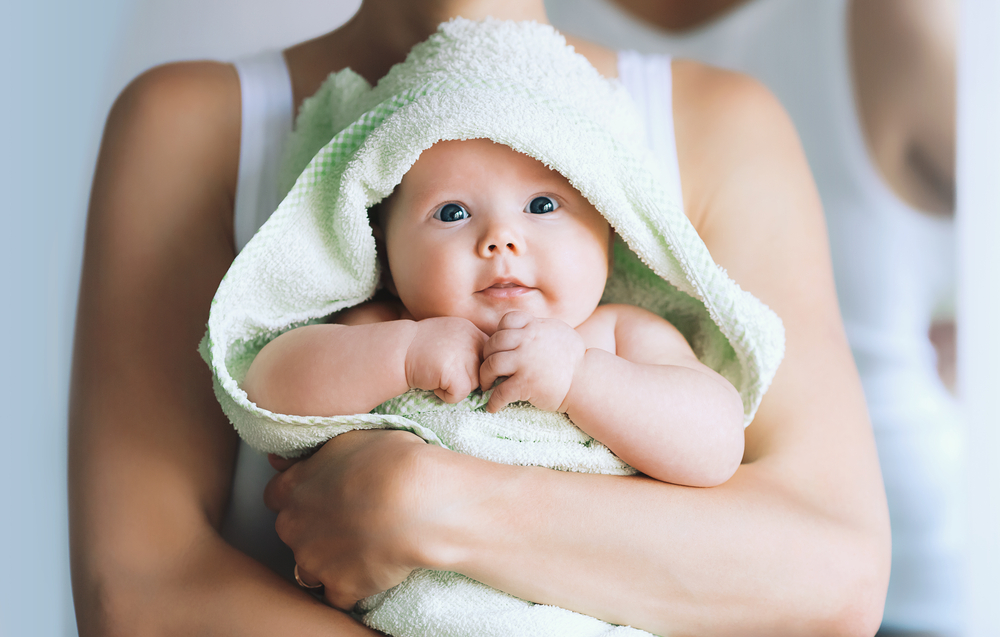Comprehensive Guide to Choosing Safe and Gentle Bathing Products for Infants
This comprehensive guide provides parents with essential tips for selecting safe, gentle, and skin-friendly bathing products for infants. Emphasizing ingredient awareness, pH balance, and safety labels, the article ensures infants get the best care without irritation or harm. It highlights the importance of choosing products specifically formulated for babies, avoiding harsh chemicals, and consulting healthcare professionals for personalized advice. Proper product selection supports healthy skin development, preventing dryness and allergic reactions, making bath time safe and enjoyable for your little one.

Comprehensive Guide to Choosing Safe and Gentle Bathing Products for Infants
Selecting the appropriate bathing products for your infant is a vital aspect of their overall skincare and health. The skin of newborns and infants is remarkably delicate, requiring special care and attention to ensure that the products used do not compromise their skin barrier. It is essential to understand the ingredients and labels of baby bath items, such as shampoos, body washes, and lotions, to make informed and safe choices. This detailed guide provides an in-depth look at how parents and caregivers can select the safest and most skin-friendly products for their little ones, emphasizing product ingredients, safety considerations, and common pitfalls to avoid.
Infants' skin is significantly more sensitive than adult skin, being thinner and more prone to irritation, dryness, and allergies. Therefore, choosing products formulated explicitly for babies is non-negotiable. Unlike adult skincare products, baby products are designed with mild cleansers and gentle ingredients to support healthy skin development, avoid harmful irritants, and prevent allergic reactions.
Here are some comprehensive tips and insights to help you master the process of selecting baby bathing products:
The First and Most Important Rule: Always choose products that are explicitly designed for infants. Look for labels indicating suitability for babies, which ensures the products meet safety standards specific to infant skincare. Adult body washes and shampoos often contain ingredients that can be too harsh for babies’ sensitive skin, such as strong fragrances, dyes, or chemical preservatives. Products labeled 'baby-safe' are formulated to be mild and non-irritating, providing the best protection for your child's delicate skin barrier.
When choosing skincare products like baby shampoo and wash, prioritize options with low fragrance content. Fragrance, although appealing, can be a significant irritant, especially for babies with dry or eczema-prone skin. Opt for products labeled as fragrance-free or with natural, soothing scents derived from gentle botanicals. Furthermore, always ensure that the products are free from harsh chemicals such as soaps, alcohol, parabens, phthalates, and artificial dyes, which could compromise your baby's skin health.
Pay Attention to Ingredient Labels: Reading labels carefully is fundamental. Look for products with gentle, hypoallergenic ingredients specifically formulated for infants. Certification labels such as those from pediatric dermatologists or recognized safety standards are indicators of product reliability.
pH Balance: The pH level of baby bath products is critical in maintaining healthy skin. Terms like "pH neutral" or "pH balanced" suggest the product's pH is close to that of natural skin (around 5.5). Avoid products with a pH below 4.5 or above 7, as they tend to be more acidic or alkaline, respectively, which can disrupt your baby’s skin barrier and lead to dryness or irritation.
If the pH is between 1-6, the product is acidic, which is unsuitable for regular use on baby skin.
a pH between 8-14 indicates an alkaline product, which may be harsh for sensitive skin.
A pH of approximately 7 is neutral and generally safe for infants with healthy skin.
Choosing a pH-neutral product is advisable for babies with no skin issues, but if your child has existing skin conditions such as eczema or dryness, consult your pediatrician for specific recommendations.
Avoid bubble baths and soap bars with high alkalinity, as these can excessively dry out and irritate your baby’s skin. Instead, opt for gentle, tear-free, and mild cleansing formulations designed explicitly for infants.
Antibacterial or antimicrobial products: Use these only if prescribed by a healthcare professional for specific skin infections or conditions. For everyday use, mild, alcohol-free cleansers are sufficient and safer.
Alcohol-Free: Alcohol content, particularly ethanol or ethyl alcohol, can be highly drying and irritating to the sensitive skin of infants. Always select products labeled as alcohol-free to ensure they are gentle and safe for daily use.
Fragrance-Free: While many baby washes are lightly scented, it’s best to choose fragrance-free options, especially for babies with dry or eczema-prone skin. Natural oils and extracts can sometimes provoke irritation, so it’s better to keep formulations simple and free of added fragrances.
Checking Expiration Dates: Never use expired skincare products. Over time, preservatives can degrade, and the product’s safety profile can deteriorate, potentially causing allergic reactions or skin issues. Always verify expiration dates and discard any expired bottles promptly.
In addition to labeling and ingredient awareness, consulting with healthcare providers can provide personalized recommendations based on your baby’s skin type and medical history. Patch testing new products, such as lotions or moisturizers, can help identify potential allergens or irritants before full application. Should any adverse reactions occur, such as rashes, flakiness, or itching, discontinue use immediately and seek medical advice.
Maintaining your infant’s skin health involves choosing only fragrance-free, alcohol-free, and soap-free bathing products that help preserve hydration and prevent irritation. Proper selection can significantly contribute to your baby's comfort, happiness, and overall skin development.




